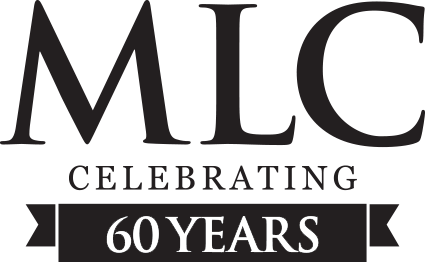Anyone in the professional world knows the importance of reading works written by the brightest minds in an industry. The insights provided by experts in our fields are invaluable as we each seek to rise above our peers and excel in our careers. Autobiographies, business secrets, political analyses, and self-help guides are all useful tools to foster growth and development. While non-fiction is an important genre for any well-rounded reader to explore, I believe reading fiction is just as, if not more important, for our evolution, not just as professionals but as human beings, and should not be discounted. And at a time where conflict and division reign supreme, the value of reading fiction cannot be understated.
Unfortunately, reading fiction isn’t always encouraged as a productive pastime in corporate America. People who read for pleasure may be seen as less ambitious, if not less intelligent, than their colleagues who read non-fiction. This is an unfair assessment. In general, a superiority complex exists around reading. In a world driven by screens, there’s become something of a status associated with telling someone you’re a reader. Even among readers themselves, there exists a social hierarchy. Connoisseurs of classic literature may struggle to see the worth of the young adult genre. Those who have only read published works might turn their noses up at the idea of reading a fan-made piece. Many refuse to read romance or other genres that are seen as “chick-lit,” and just as many wouldn’t touch a horror or a thriller with a ten-foot pole. We all have our preferences, but we also have our prejudices, and I’m not free from my own by any means. However, as someone who’s always harnessed a love of reading, there are very few genres I haven’t explored, and yet in all of them, I’ve found value because it isn’t always the plot itself that makes a good story, but the humanity found within.
When we read fiction, we step into a world that is not our own, in doing so, allowing us to walk in someone else’s shoes in one of the most accessible ways. Most of us can feel sympathy for our fellow person when reading a news story or hearing about a personal tragedy that has befallen a friend, but how often do we practice true empathy? Empathy is differentiated from sympathy as being reflective of true compassion and understanding for one another rather than just feeling pity toward someone. Our own experiences can help us better develop empathy for others, and while experiencing an event through the eyes of a book character certainly isn’t the same as living it, the emotions we feel in response to a character’s story can not only be very real but can create lasting memories that aide us in better understanding our fellow human being.
My favorite books are those that leave a lasting impression on me, particularly those that change the way I see the world and compel me to approach life differently as a result. Through fiction, I developed a better understanding of what it would have been like to be a woman in Afghanistan when the Taliban seized power, of the discrimination and real danger one would have faced as a gay man in the 1970s, of the differences in privilege for aspiring students across factors like race, socioeconomic status, gender, and geography in the United States. These concepts are ones I either learned about in school or online, but only truly began to understand after immersing myself in the worlds of characters who lived these experiences themselves. And indeed, beyond the humanity we can cultivate from reading stories like these, we also may gain improved retention and comprehension of the events and concepts portrayed, since our brains are more likely to hold onto emotional memories than non-emotional ones.
It’s because of these reasons, that I believe it’s exceptionally important to not only read fiction but to step out of our comfort zones and actively seek out stories with protagonists that are different from ourselves. Of course, we all love to read books with main characters that we can easily relate to right off the bat, but if I could set a challenge for everyone reading this, it would be to take the leap and try something new. If you’re white, check out a book written by a POC author; if you’re a man, read a book with a female protagonist; if you’re a straight person, take a stab at queer literature; if you’ve never read one before, pick up a banned book and dare to think differently.
While non-fiction can teach us new things about our world, help us master skills, or learn more about the most impactful members of our generation, without fiction, we miss out on the opportunity to truly understand each other. With that, I encourage you to bump up that fiction book on your “TBR” list and wish you happy reading!








